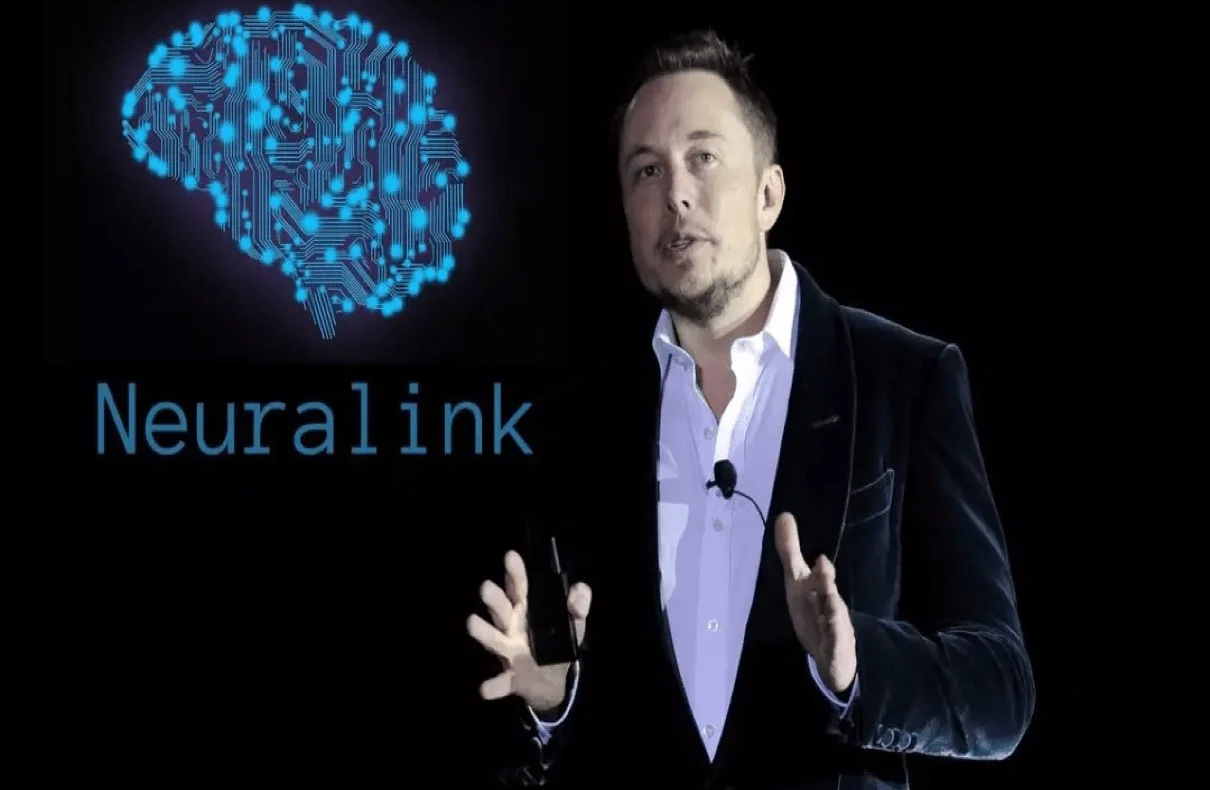
Elon Musk’s company, Neuralink, has achieved a significant milestone by successfully implanting a brain-computer interface (BCI) in a human patient. This achievement marks an important step towards the company’s goal of revolutionizing the treatment of neurological conditions and enabling individuals with paralysis to regain control of their limbs through the power of their thoughts.
On Sunday, January 28, Neuralink conducted its first human implant procedure, as announced by Elon Musk in a post on his social media platform, X. While specific details about the patient and the implantation procedure remain undisclosed, Musk expressed optimism about the initial results, stating that promising neuron spike detection had been observed. Neuron spikes represent rapid increases in electrical activity across neurons and play a crucial role in transmitting information within the brain.
Neuralink’s pioneering work in the field of brain-computer interfaces aims to connect the human brain with computers, offering potential solutions for complex neurological disorders. By leveraging the power of BCIs, Neuralink seeks to empower individuals with quadriplegia and amyotrophic lateral sclerosis (ALS) to regain control over their movements and interact with devices using their thoughts alone.
Neuralink’s human clinical trials, named Prime, were initiated after the company received clearance from the U.S. Food and Drug Administration (FDA) in 2023. The trials specifically target individuals with quadriplegia and ALS, who face severe movement impairments. The goal of the study is to evaluate the safety and functionality of Neuralink’s wireless brain-computer interface, which utilizes a brain chip implanted in the region responsible for movement intention.
Elon Musk Ends Don Lemon’s X Talk Show Deal
Elon Musk revealed that Neuralink’s first product, named Telepathy, aims to enable users to control their phones, computers, and other devices simply by thinking. Initially, the focus will be on individuals who have lost the use of their limbs. Musk envisions a future where individuals like Stephen Hawking could communicate faster than a speed typist or auctioneer, highlighting the transformative potential of Neuralink’s technology.
While Neuralink’s achievements are remarkable, the company has faced controversies and challenges along the way. Concerns have been raised regarding the treatment of animals during testing, with allegations of the deaths of approximately 1,500 animals, including monkeys, sheep, and pigs. Neuralink has also encountered regulatory hurdles and safety concerns, leading to rejections from the FDA in the past.
Neuralink’s progress in developing brain-computer interfaces has attracted significant attention, but it is not the only player in this field. Other companies, such as Synchron, have also been working towards similar goals and have gained FDA clearance for testing their devices in humans. The potential applications of BCIs extend beyond restoring autonomy to those with neurological conditions. Some experts speculate about merging human brains with artificial intelligence or even uploading human consciousness to virtual worlds.
While Neuralink’s achievements are undoubtedly groundbreaking, it is crucial to recognize that BCIs are still in the experimental stage and require invasive neurosurgery. The long-term success and widespread availability of these interfaces may still be years away. Nevertheless, the progress made by Neuralink and other companies in this field holds great promise for the future of treating neurological disorders and enhancing human capabilities.
